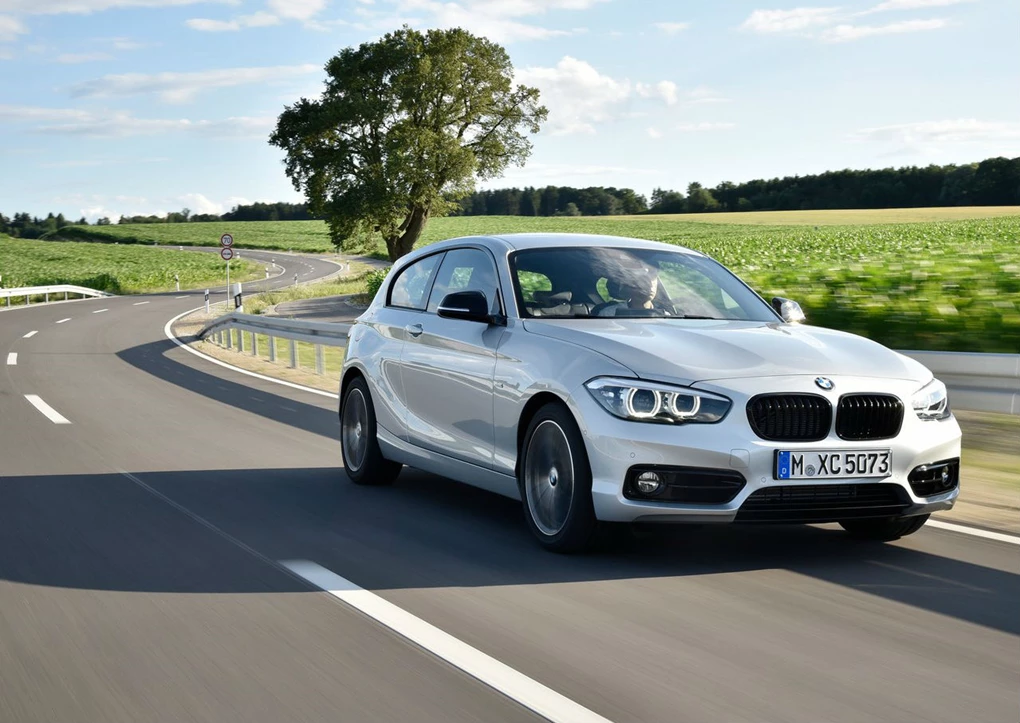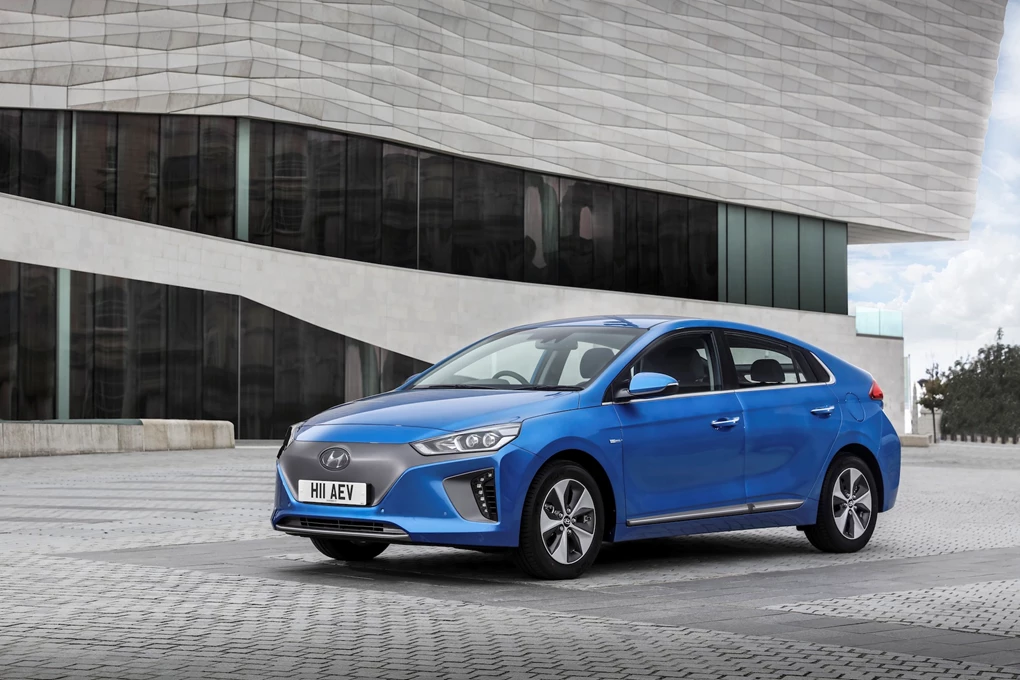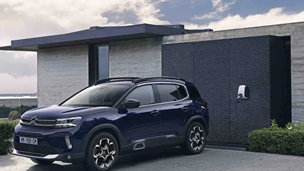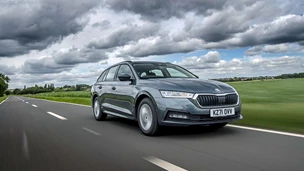To establish the difference between a PCP and Contract Hire, let’s first understand the similarities. Both are ways of running a new car by making monthly payments, often with a low deposit.
They’re the two most common ways in which private buyers finance their cars, and to the casual observer they look very much the same. So what are the differences and what do they mean to you? Here’s all you need to know.

PCP
The key difference between a PCP and Contract Hire is that the PCP allows you the option of buying the car at the end of the agreement.
You choose the agreement period (usually between two and four years) and you pay the deposit, which again operates on a sliding scale to suit your ability to afford it.
At the end of the term, you have two options – pay the outstanding balance (known as a balloon payment) or hand the car back and start again.
PCP is the most popular way of buying a new car at the moment, and dealers also provide all sorts of incentives such as deposit contributions and low rate APRs.
Don’t get caught out, though. The balloon payment is based on the car’s resale value and uses algorithms based on mileage and vehicle condition. Go over your mileage allowance and you’ll have to pay a penalty, often as much as 20p a mile, while damage excesses may also need to be paid if the car picks up more than average wear and tear.

Personal Contract Hire
Also known simply as leasing, PCH differs from a PCP in that the car isn’t, and never will be yours. What you’re doing is hiring it, but over an extended period that’s a little bit more lenient than daily rental – it doesn’t need to go back with a full tank, and minor damage is expected.
Otherwise it's very similar – you still pay a deposit, and you still pay a monthly leasing fee. If anything goes wrong with the car, the company that owns it is responsible for sorting it out, while some deals also include servicing.
Mileage caps still exist, but are often more lenient in recognition of the fact that a lot of people who lease cars use them for business. Leases are often cheaper per month, too. You have no stake in the car, so there’s no repayment against capital value.
Which one is best for me?
It depends entirely on what you need. Should you want to buy the car eventually, then a PCP makes sense, but if you just want a new car every three years then leasing is usually the more affordable option, though it doesn’t always come with the same amount of choice.




